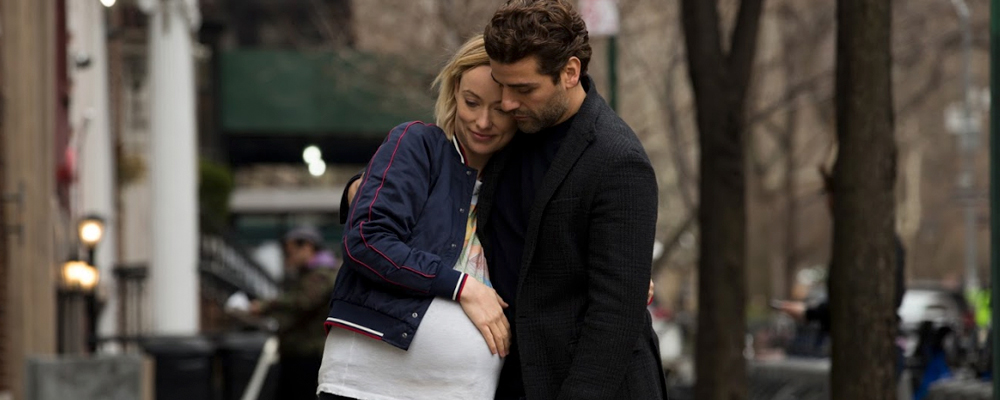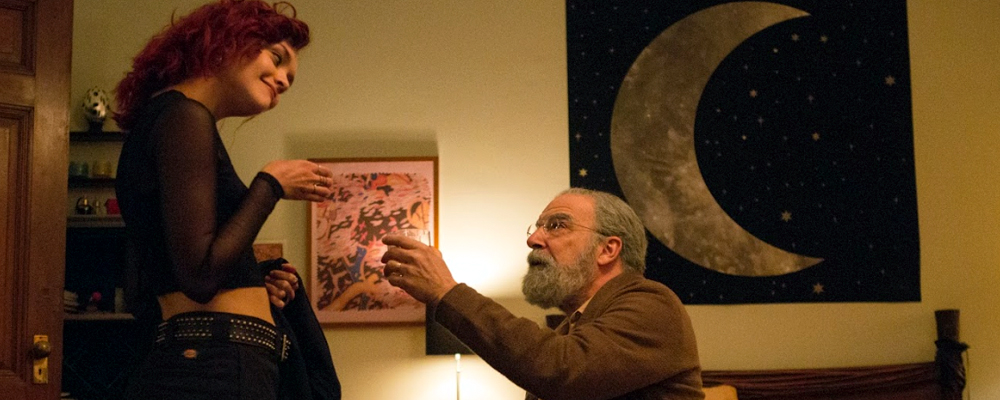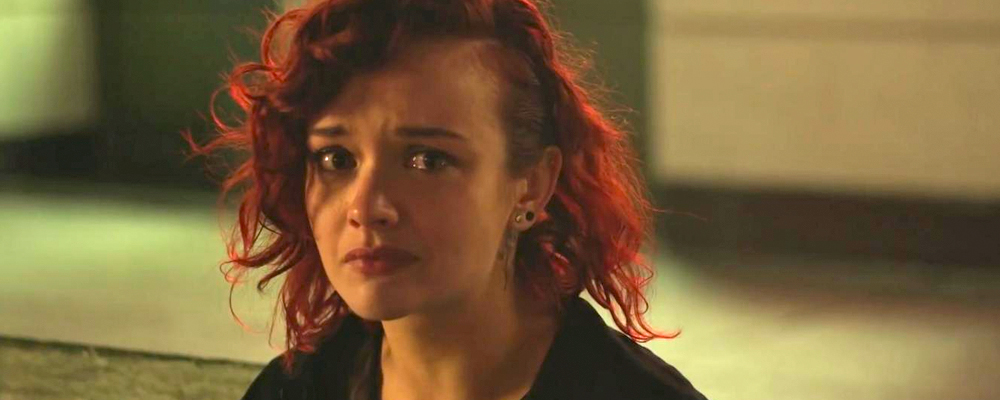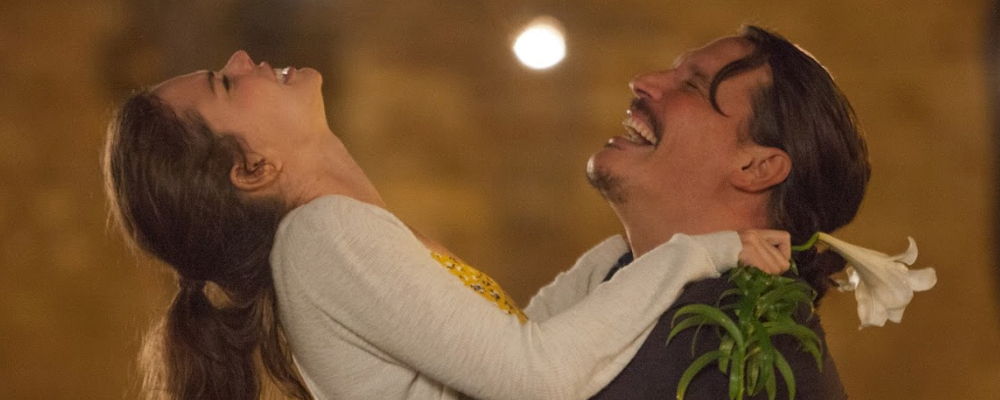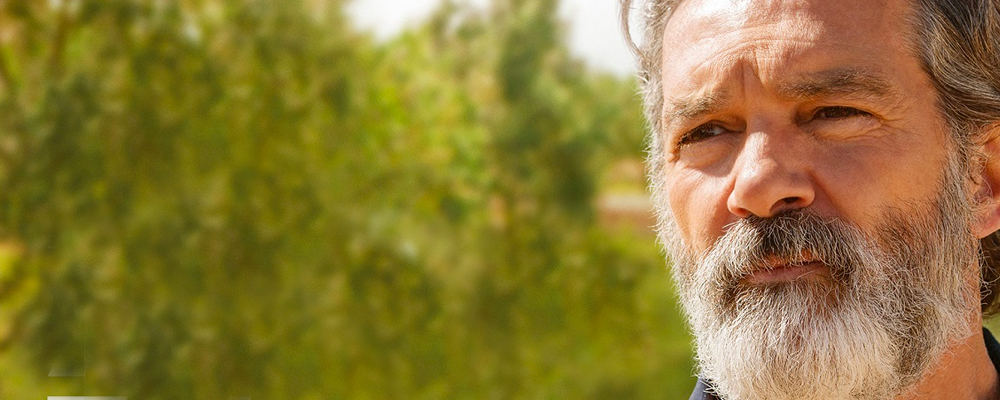‘Life Itself’ Has No Purpose Other Than to Try to Make You Cry
Alci Rengifo
“Life Itself” wants to be a hipster romance, celebration of diversity and Oscar bait all at once, but with fatal insincerity. The writer and director is Dan Fogelman, creator of NBC’s ratings beast “This Is Us.” Having made a splash on TV with a show that defines tear jerker, now he attempts to use the same approach in a nearly 2 hour movie. But the experiment flops. There are too many characters crammed into this yarn, too many laughable coincidences, and so many sudden tragedies befalling the lovebirds that single people in the audience might be happy to stay that way. There is almost no way to review the film without giving away a few twists, so if you wish to have your heart strings mugged, please read no further. Those wishing to know what to expect, carry on.
The film opens on a manic-looking guy named Will (Oscar Isaac), who sits in a New York coffee shop writing an awful screenplay. After making a scene and getting thrown out, Will is back on the couch talking with his psychiatrist, Dr. Cait Morris (Annette Benning). It turns out Will had been married to his college love, Abby (Olivia Wilde), who was struck by a bus while pregnant with their daughter. The baby survives and grows up to be Dylan (Olivia Cooke), a moody, scrappy Punk singer named after her parents’ love for Bob Dylan. We then cut to Spain, where in an olive ranch a worker named Javier (Sergio Peris-Mencheta) catches the attention of the ranch’s owner, Mr. Saccione (Antonio Banderas). Saccione offers to make Javier the foreman, raising his salary and giving him a home on the property. Javier accepts and proposes to his girlfriend, Isabel (Laia Costa). Soon the two have a son, Rodrigo (played in varying ages by Adrian Marrero and Àlex Monner). As tends to happen, Saccione starts getting too close to Elena, soon falling in love with her. The marriage wrecked, the years pass and soon Rodrigo, now grown, wishes to go to college in New York where he will meet…you guessed it.
“Life Itself” is one of those fantasies where characters speak in lingo that sounds like pure wishful thinking. Fogelman fails to conjure real despair or nostalgia because it feels too calculated from the start. Consider the scene where Will asks Abby out for the first time. She bluntly tells him, “when are you going to ask me out?” His reply is one huge aria with real howlers like, “when I ask you out there isn’t going to be any turning back for me, I’m not going to date anyone else for the rest of my life.” Say that creepy line to someone in real life and the answer isn’t going to be pleasant. When Will pops the other big question, marriage, Abby tells him, “I don’t think I’m equipped for all your love.” Even Nicholas Sparks gives his characters edgier lines. The oddest moment where Fogelman failed to practice self-editing is the scene where Saccione first tries to get to know Javier, sitting him down in his lavish home and suddenly recounting an entire family saga concerning his Spanish mother and abusive, Italian father. It turns into a stretched out memory about olive oil, picking olives and inheritance only for Javier to respond by refusing to reveal anything about himself. He just loves the earth, the olives, etc. Sure. Once Saccione has a thing for Isabel, it’s because loneliness makes a man act in strange ways, per Saccione’s explanation. He’s got the looks of Antonio Banderas, with quite a lot of wealth, so going after the foreman’s wife out of loneliness seems like a first world problem. But there you have it.
To try and give the narrative some real crises, “Life Itself” then throws sudden twist after sudden twist at you. Abby gets hit by a bus, someone decides to commit suicide, Rodrigo’s airheaded American girlfriend fakes a pregnancy scare. Inevitably someone gets cancer, which opens the door to reconciliation with another, wounded party. Javier becomes a raging alcoholic because Rodrigo needs a child psychologist and of course, Saccione offers to pay for it. Oh but wait, one of the tragedies links the characters across time. It turns out Javier and his family just so happened to be riding on the same bus that struck Abby! Fogelman is pulling a real rabbit out of the date movie hat here.
Fogelman then proceeds to try and thread these stories and characters together into a “bigger picture” revolving around Abby’s college thesis, her idea being the “unreliable narrator” in literature. You see, in a sense we are the narrators of our lives, so we might be unreliable, so it is up to our descendants or loved ones to then tell our stories…or something along those lines. But this movie would need multiple narrators with footnotes. There’s so much cheese piled on top of itself that some characters simply get left behind. Dylan, who should be the ultimate thread connecting everyone, amounts to nothing more than a few scenes where she’s moody at a club, moody at home and eventually sitting on a bus stop near the spot where Abby died. Javier and Will are also reduced to mere caricatures, as well as Isabel. They simply function as plot points while Saccione and Abby get a bit more exposition.
By the end of “Life Itself” it’s easy to feel somewhat worn out by all the melodrama, tear-jerking and monologues about fate. Life itself can be a mess, this movie didn’t have to be.
“Life Itself” opens Sept. 21 in theaters nationwide.

